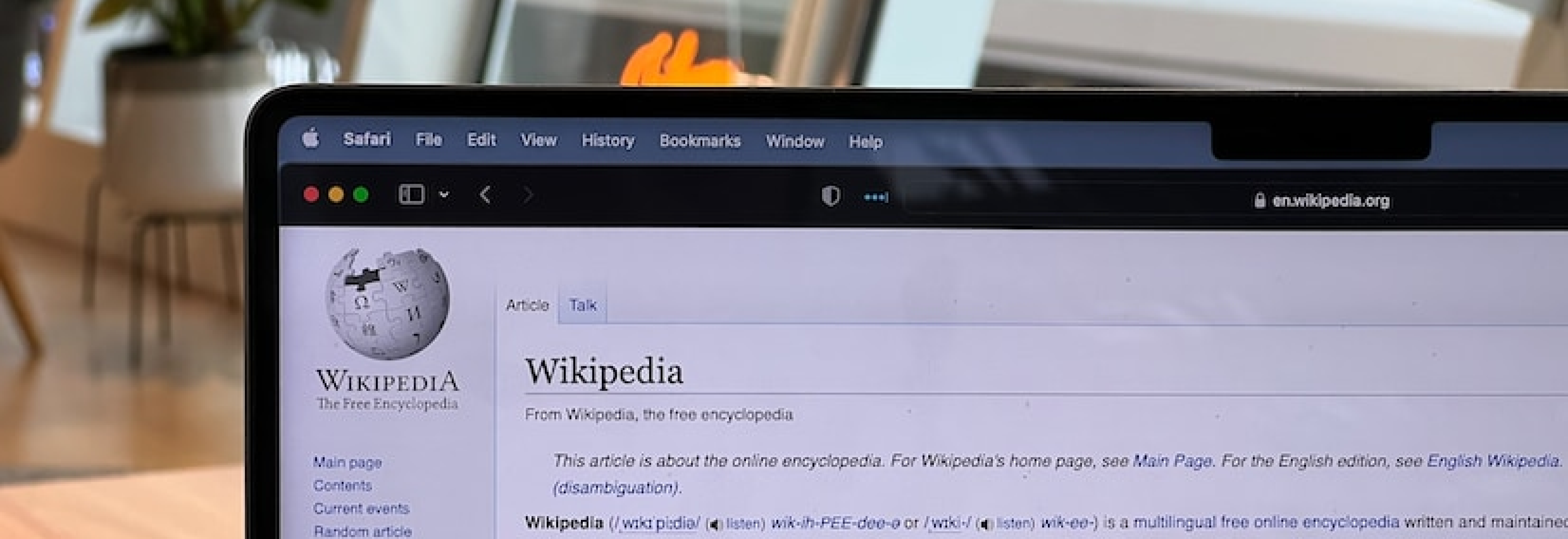How easy is it to source a quality Wikipedia page?
Since Wikipedia is positioned as a free, open encyclopedia that anyone can edit, it may seem that virtually any information can be added to the resource at the convenience of your brand or company.
Unfortunately, one can't be more wrong with such assessment.
Even though Wikipedia has no designated paid editorial staff, it is entangled in a complex web of rules which are interpreted and actioned by the vast volunteer user community. As a result, Wikipedia is firmly far from being an anarchy, and the necessity to consider the opinion & input of thousands' other users makes it even more challenging to find the right balance while creating your articles.
Strong and verifiable sources are integral part to this process, as they reference reliable information that is valuable to the encyclopedia. And reversibly, lack of such sourcing is one of the most common reasons for reversal edits, decline of new drafts, and deletion of existing pages.
Other editors are not to take the blame in this case ━ they are doing the right thing to keep the encyclopedia thriving, reputable and consistent. Instead, one must carefully examine Wikipedia's rules and guidelines before contributing to the knowledge base.
Sourcing criteria
We have identified the following key qualifications which define reliable sources suitable for Wikipedia:
I. Independent
All sourcing must originate from second or third parties which are neither associated with the subject nor taking a direct tasking from them. If the source article contains first-hand quotes from someone associated with the topic of Wikipedia article, that source cannot be used.
If you try to play the system and introduce such articles in the mixture of sources, they will be eventually removed, and your page risks to be flagged for conflict of interest, which severely reduces its trustworthiness.
II. Reliable
Your source material (and respective publishers) must be reputable and fact-based. Typically, such outlets develop over time and cherish their reputation. They publish only verified material and conduct independent research. Including a reference to a tabloid or stock website provides no reliability and the stated claim is worth just as much as no sourcing at all.
III. Verifiable
Wikipedia itself gives straightforward definition for verifiability: "...other people using the encyclopedia can check that the information comes from a reliable source." This statement means that the referenced source must exist, be accessible by other users, and the information claimed to be there must, in fact, be present.
IV. Notable
Last but not least ━ this rule is often being overlooked.
Notability is established when the referenced source extensively covers the subject of the highlighted Wikipedia page.
If your company is only mentioned in the source article among other similar businesses pertaining to a marketing or production activity, this source is not suitable. Ideally, your company, its business or accomplishments must be the subject of the article or otherwise extensively covered; especially good sourcing will have the name of business or individual in the title of the article. At the very least, one paragraph of the article must be fully focused on the subject in question.
Please note that brand new Wikipedia pages must contain at least three different, reliable, notable sources to meet the encyclopedia qualification. Otherwise, your topic is not ready for having its own page and you must secure additional coverage before moving forward.
Intermission
Did you find this information useful for developing your own Wikipedia page? Please stay tuned for the second article, where we will continue to explore Wikipedia sourcing examples.
As always, you can contact us for your media coverage needs. Cheers!
© 2023 HC Media & PR Strategies.


